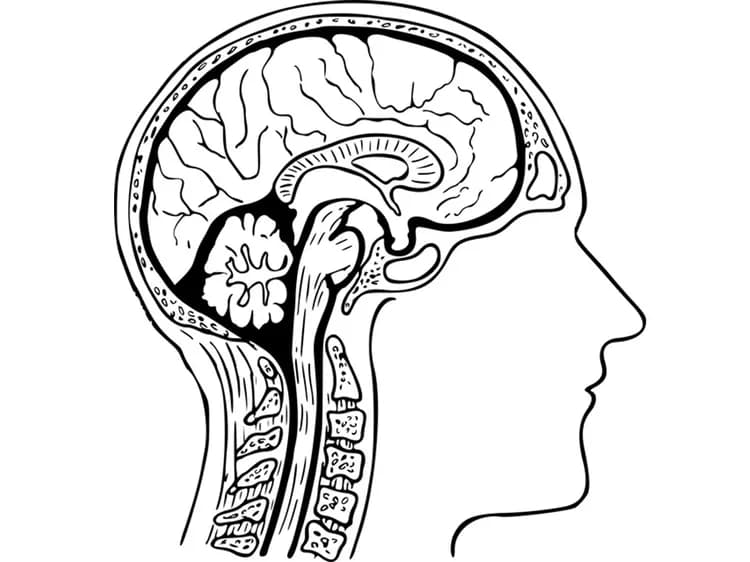
Fecal Microbiota Transplantation Produces Sustained Improvements In Cognitive And Clinical Outcomes
A single treatment using an optimized, targeted form of faecal microbiota transplantation (FMT) produces sustained clinical and cognitive improvements, according to the results of a long-term follow-up of patients with liver cirrhosis and hepatic encephalopathy (HE) who had participated in a short-term study. The original, randomized, open label study, which enrolled 20 outpatient men with cirrhosis and recurrent HE receiving standard-of-care (SOC) treatment, had previously reported that a single FMT enema after antibiotic pretreatment improved cognitive function at Day 20 and reduced HE episodes and hospitalizations over the following 5 months compared with SOC.1 The long-term outcomes of this study, which were presented today at The International Liver Congress™ 2018 in Paris, France, demonstrated sustained and statistically significant reductions in the number of HE episodes and hospitalizations as well as improvements in cognitive function over 1 year in the men who received FMT compared with the control group.
Liver cirrhosis is a leading cause of morbidity and mortality, with complications such as HE resulting in recurrent emergency hospitalizations, irreversible brain injury, and a poor prognosis.2-5 There is some evidence that HE patients have a reduced relative abundance of certain beneficial gut microbiota (e.g. Lachnospiraceae and Ruminococcaceae) and an enrichment of potentially pathogenic Enterobacteriaceae ¬- a microbial profile that has been linked to cognitive impairment and systemic inflammation in cirrhotic patients with HE.1 Faecal microbiota transplants have been used successfully to correct dysbiotic conditions such as recurrent Clostridium difficile and ulcerative colitis,6-8 and a preliminary report suggested that FMT may be promising in the management of HE.9
'In conducting the original study, we primarily wanted to evaluate whether FMT was safe in patients with recurrent HE compared with SOC alone', explained Dr Jasmohan Bajaj from Virginia Commonwealth University and McGuire VA Medical Center in Richmond, USA, and lead author of the study. 'We identified a single stool donor from a universal donor bank who had the highest relative abundance of Lachnospiraceae and Ruminococcaceae, and FMT enemas were prepared using a single stool specimen provided by this donor'.
The long-term analysis of this study followed all participants from the original 5-month study1 who were still alive and without liver transplant for an additional 6 months, assessing both cognitive and clinical outcomes. At 1 year after randomization, one participant in the FMT arm and three in the SOC arm had died or undergone liver transplant. Amongst the remaining participants, a median of 1.5 (IQR 0.75-2.75) HE episodes and 3.0 (IQR 0.75-5.75) hospitalizations were reported during the subsequent 6 months of the study in the SOC arm compared with 0 (range 0-1.0) and 0 (range 0-1.5) in the FMT arm (p<0.05 and p<0.02, respectively). The FMT arm also demonstrated sustained and significant improvements in cognitive function at 1 year compared with both baseline and SOC.
'Although this was a small randomized trial, we believe it confirms that FMT from a rationally selected donor was safe and associated with substantial long-term improvements in both clinical and cognitive outcomes in patients with cirrhosis and recurrent HE', said Dr Bajaj. 'These findings now need to be confirmed in a larger patient population'.
'Hepatic encephalopathy is a debilitating condition and a major burden to patients and caregivers, and new therapies are urgently needed', said Prof. Annalisa Berzigotti from the University of Bern, Switzerland, and EASL Governing Board Member. 'This study provides an important piece of evidence. The encouraging long-term results of FMT in HE strongly support the need for a larger, multicentre study of this intervention'.
Related Articles
Test Your Knowledge
Asked by users
Related Centers
Related Specialties
Related Physicians
Related Procedures
Related Resources
Join DoveHubs
and connect with fellow professionals

0 Comments
Please log in to post a comment.